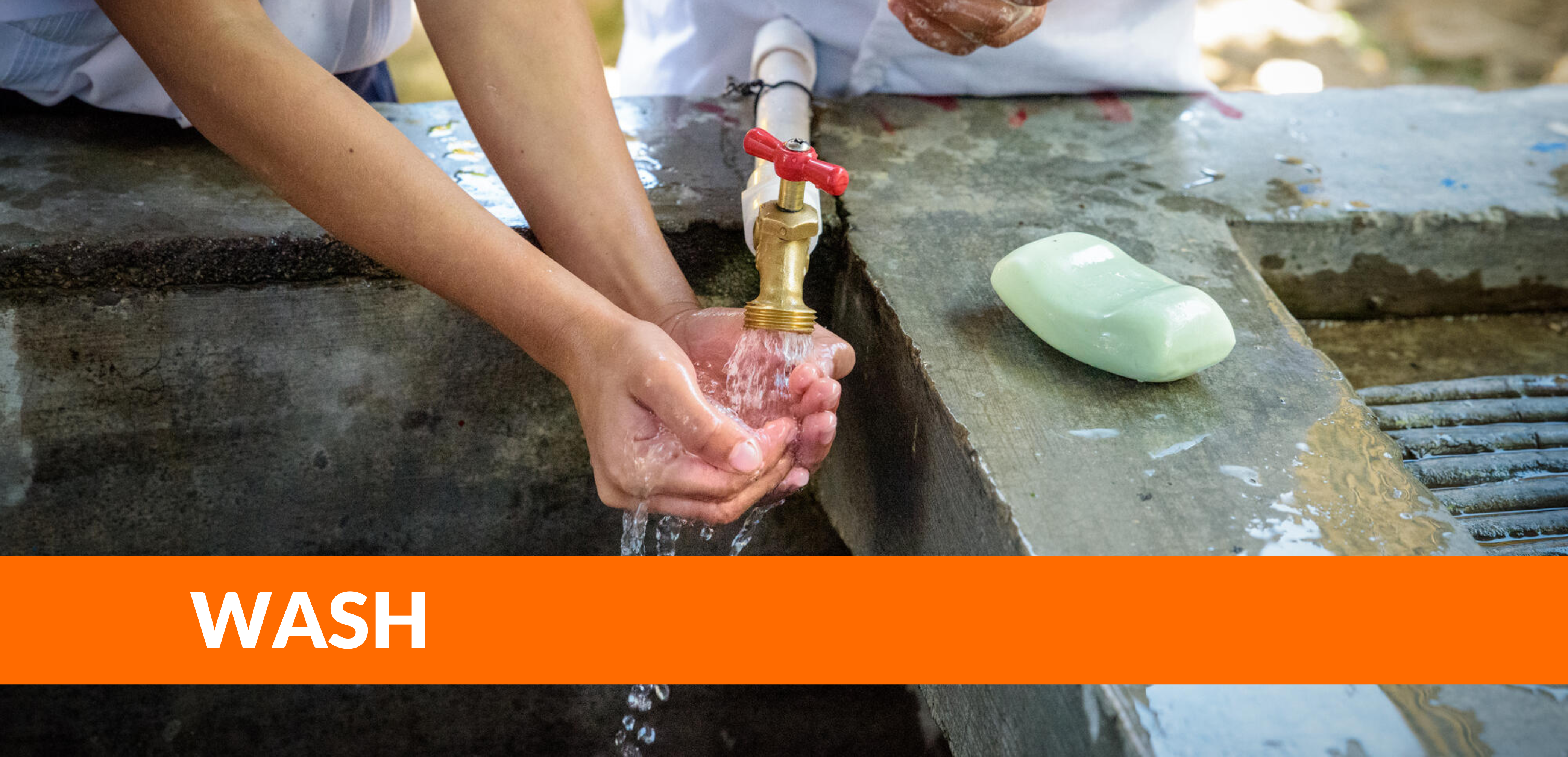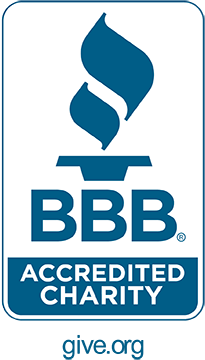Abstract: Continuous, safely managed water is critical to health and development, but rural service delivery faces complex challenges in low- and middle-income countries (LMICs). We report the first application of continuous quality improvement (CQI) methods to improve the microbial quality of household water for consumption (HWC) and the functionality of water sources in four rural districts of northern Ghana. We further report on the impacts of interventions developed through these methods. A local CQI team was formed and trained in CQI methods. Baseline data were collected and analyzed to identify determinants of service delivery problems and microbial safety. The CQI team randomized communities, developed an improvement package, iteratively piloted it in intervention communities, and used uptake survey data to refine the package. The final improvement package comprised safe water storage containers, refresher training for community WaSH committees and replacement of missing maintenance tools. This package significantly reduced contamination of HWC (p<0.01), and significant reduction in contamination persisted two years after implementation. Repair times in both intervention and control arms decreased relative to baseline (p<0.05), but differences between intervention and control arms were not significant at endline. Further work is needed to build on the gains in household water quality observed in this work, sustain and scale these improvements, and explore applications of CQI to other aspects of water supply and sanitation.
Article from:
PLoS ONE, July 15, 2020





